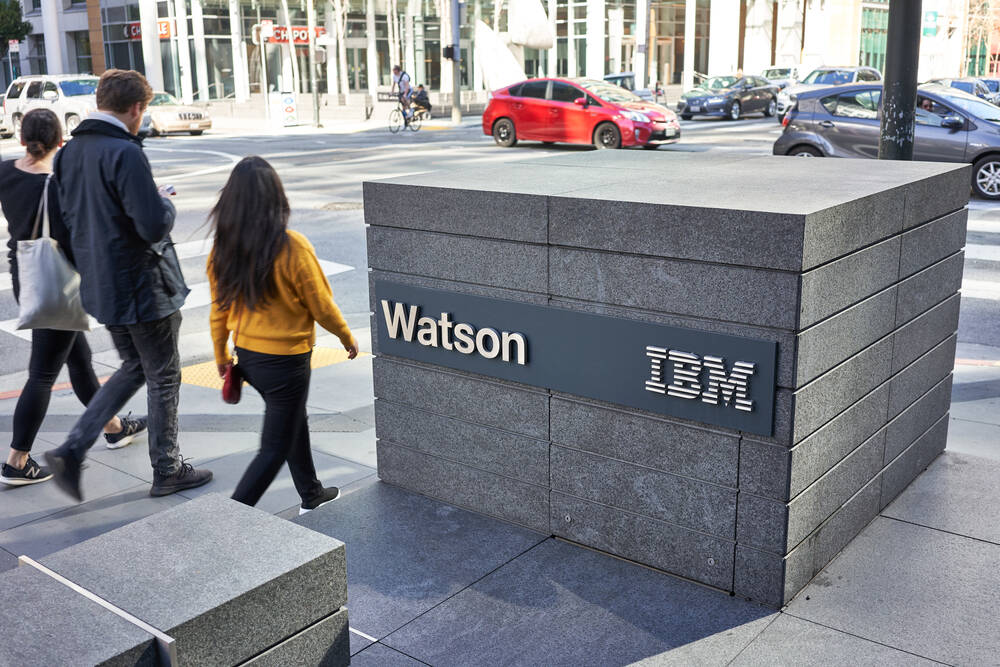IBM on Monday unveiled watsonx AI Labs, a New York City hub where startups, researchers, and IBM engineers are expected to co-create agentic AI tools for enterprise use.
“Located in the heart of Manhattan at IBM’s new offices at One Madison, watsonx AI Labs extends IBM’s global network of engineering labs, bringing together IBM researchers and engineers in a collaborative hub dedicated to co-creating and advancing meaningful, agentic AI solutions,” IBM said.
Apparently lacking the means to deliver that offering on its own, Big Blue said it would “acquire expertise and license technology from Seek AI,” a data analytics startup that builds AI agents for enterprise companies.
In a LinkedIn post, Seek AI founder Sarah Nagy clarified that IBM had bought the startup entirely for an undisclosed amount. Seek AI raised $11.7 million, according to Pitchbook, from firms such as Battery Ventures, Conviction Partners, NJP Ventures, and Plug.
The deal is focused on agentic AI, a term that is used to describe how generative AI models can perform a series of tasks when connected to other applications, data sources, and APIs. In the context of Seek AI, which provides a natural language interface to ask questions about corporate data stores, that might mean a software agent that could take the result of that query and turn it into a graph or pipe the data to another application.
This can work well, sometimes. But there’s also some risk when trying to automate a series of tasks – the more steps there are, the more opportunities there are for unexpected behavior.
IBM expects other technology companies to interact with its staff and clients through the lab to figure out how they can use AI software and services. According to Big Blue, the facility will focus on the “co-creation of domain‑specific AI solutions” related to customer service, supply‑chain optimization, cybersecurity, responsible AI governance, and open-source AI.
The idea is that any of the 2,000 or so AI startups in New York City can team up with IBM staff and Big Blue customers to solve business problems together using AI. The lab aims to foster projects that involve local academic and research institutions. And IBM says local startups that manage to successfully launch enterprise AI services can expect technical and marketing support, and possibly investment.
At IBM spinoff Kyndryl, we’re told, co-design – in which the client and vendor collaborate to develop a solution – has the advantage of shifting financial risk to the client. If the product doesn’t work, the vendor may not be obligated to make things right at its own expense.
IBM did not immediately respond to a request to explain how watsonx AI Labs deals will be structured.
The tech giant made Watson a household name in 2011 after its AI system won the Jeopardy! game show against human contestants Brad Rutter and Ken Jennings. But the marketing campaign and product that followed didn’t match the results in high-profile Watson deployments.
In 2017, a University of Texas audit report found that the Watson-based MD Anderson Cancer Center’s “Oncology Expert Advisor (OEA) Project,” propped up by IBM and PwC at a cost of $62 million between 2014 and 2016, was poorly governed. Watson Health was supposed to help improve cancer treatment for patients, but that wasn’t happening.
Reports emerged the following year of internal IBM documents that found Watson gave bad advice for cancer treatment. Watson’s reputation never recovered, and IBM got rid of Watson Health in early 2022.
In 2023, IBM shifted its attention to watsonx, a separate AI and data platform for enterprises.
And according to IBM CFO James Kavanaugh, the transition is paying off. “About six points of our growth in software was organic with contribution from our generative AI products like our AI assistants and agents and watsonx platform,” he said during the company’s Q1 2025 earnings call. ®

